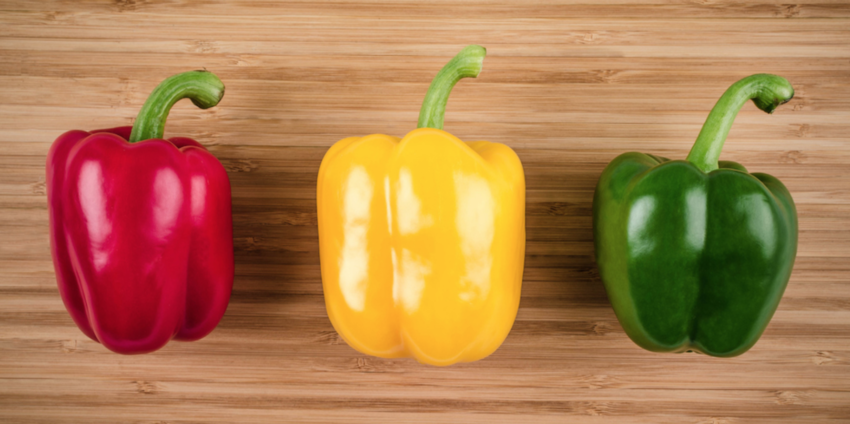
For the last years, the world’s major food wholesalers (10 mega-groups) have been pushing for the EU Commission and Parliament to adopt a directive that obliges all member states to adopt the nutritional traffic light system. It would be a real threat for citizen’s right to be correctly informed.
Our freedom of choice is being progressively taken away from us. Last week for example, Auchan announced its “blue stamp”, a sort of quality traffic light that will appear on food products. The goal is to indicate good quality products and distinguish them from other products – that supposedly are not good but Auchan cannot say it. What a joke. This is French protectionism, old school. This blue lights are not informing the consumers, they are misleading us.
This initiative can partially influence consumers. For the last years, the world’s major food wholesalers (10 mega-groups) have been pushing for the EU Commission and Parliament to adopt a directive that obliges all member states to adopt the nutritional traffic light system where red is bad and green is good. It would be a real threat for citizen’s right to be correctly informed and choose what he/she prefers. Let’s see why.
Whoever supports quality stamps and traffic light labels argues that the quality of information to consumers increases. Nothing more wrong. The correct information is made by exposing objectively all the facts, not by using a ranking which in itself implies a subjective judgment. In addition, the judges are the same companies or the institutions such as the European Union. Did this method work where it was applied? No. In UK, eating habits have remained unchanged. In France too. Why? Objective communication must be the premise. It pays in terms of food education. Imposition, on the other hand, does not work.
The second negative aspect is the penalization of many quality Italian products. With the system adopted in England, which has been joined by several producers and distribution chains, Parmesan or Italian extra virgin olive oil are likely to be considered worse than a carbonated and sugary drink, on the nutritional basis. For a country that is trying to promote its excellence – because Made in Italy is an excellence – it is an unacceptable situation. The opening up of customs borders helped the European states to expand trade and innovation. Quality stamps are just customs duties hidden behind good intentions.
Could the solution be a unique and fair system applied throughout Europe? Sincerely, it does not seem like a viable path consistent with the principles of free choice. Each of the 28 countries has their own eating habits and consumers have a different feeling about food and drink information. The method of systematically exposing ingredients, nutritional values, allergens etc. is effective: it is objective and based on facts. Any evaluation based on a ranking (i.e. from red to green) would be influenced by subjective criteria. The algorithm is also a subjective tool if human beings set it with their personal parameters. Who should decide what these parameters are? The institutions? The companies? A group of scientists?
They are proposing to limit the free choice of citizens, but in return, they are only offering obligations and further regulations. Furthermore, they are disadvantaging some of the excellent, high quality European foods such as the Italian ones. The traffic light system is a regulatory suicide and we should be unanimous in rejecting it to the sender.
